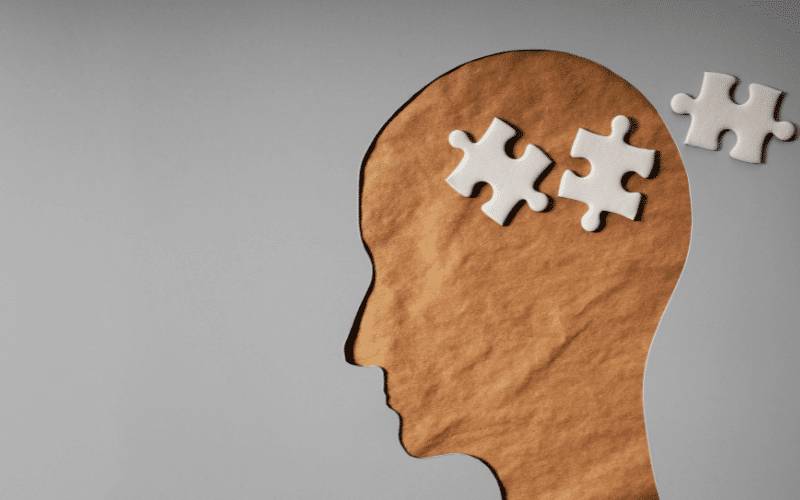Introduction: Understanding Dementia and Memory Loss

Embarking on the journey to understand dementia and memory loss can seem daunting. However, understanding these conditions’ crucial aspects is key to fostering empathy, facilitating care, and advocating for affected individuals. This piece endeavors to illuminate 15 critical facts about dementia and memory loss, shedding light on their nature, impact, and overarching importance in today’s society.
Dementia is more common than most people think, affecting millions of individuals worldwide. It poses significant challenges not only to those diagnosed with it but also to their caregivers, loved ones, and society as a whole. Grappling with its implications and the toll it takes on everyday life is integral to fostering awareness and improving the quality of life for those dealing with dementia.
Contrary to popular belief, dementia is not a single disease; instead, it refers to a group of symptoms that negatively affect memory, cognitive abilities, and social skills to the extent that they interfere with daily functioning. It’s an umbrella term, comprising various conditions and diseases, including Alzheimer’s, which is responsible for 60-80% of dementia cases.
When dementia comes up in conversation, memory loss is often the first symptom that springs to mind. While memory loss is indeed a significant component of dementia, it’s not the sole determinant. Dementia is multifaceted, with symptoms extending to impairments in thought processes, communication abilities, and behavior.
This in-depth exploration of 15 important facts about dementia and memory loss will offer insights into these complex conditions. Each piece of information will contribute to a nuanced understanding, aiming to dispel misconceptions and provide a foundation for improved care and support.
Fact 1: Dementia Is Not a Specific Disease

The first crucial fact to grasp is that dementia isn’t a standalone illness. Instead, it’s a general term used to describe a wide range of medical conditions, including Alzheimer’s disease, vascular dementia, and Lewy body dementia, among others. Each of these conditions is characterized by impaired memory, thinking, and social abilities that interfere with daily life.
When we label dementia as a disease, it tends to conjure up a singular image. But in reality, dementia encompasses a vast spectrum of symptoms, severity, and progression rates. This understanding is essential to appreciate the unique experiences of those living with dementia and tailor care to their specific needs.
A significant majority of dementia cases are due to Alzheimer’s disease. Alzheimer’s is characterized by the buildup of abnormal protein deposits in the brain, leading to the death of brain cells. Other common types of dementia include vascular dementia, often resulting from a stroke, and Lewy body dementia, associated with abnormal protein deposits called Lewy bodies.
Contrasting from Alzheimer’s, vascular dementia typically presents itself after significant changes to the brain’s blood supply, such as a stroke. This leads to brain damage that can cause symptoms such as disorientation and problems with concentration. On the other hand, Lewy body dementia manifests symptoms such as visual hallucinations, fluctuating alertness, and motor symptoms reminiscent of Parkinson’s disease.(1)